In the context of the SDG Cuba project, aimed at creating and developing an enabling framework for environmental finance as an accelerator of the Sustainable Development Goals (SDGs) on the island, comprehensive training sessions were led to strengthen the capacities of financial institutions, governmental entities, and local producers.
These sessions primarily focused on raising awareness about the benefits of implementing a microfinance initiative for Ecosystem-based Adaptation (EbA). This innovative initiative aims to promote an effective response to climate change, recognizing the essential role of both state and non-state sectors, and the crucial contribution of producers in adaptation efforts.
The program, conducted in Havana (with national representatives) and Viñales (with local representatives), focused on imparting key knowledge on climate change and Nature-based Solutions (NbS) for climate adaptation. Through bilateral meetings involving approximately 10 stakeholders, experiences and information were exchanged, enriching dialogue on climate financing strategies and deepening understanding of institutional roles in combating climate change.
In Viñales, both UNEP and local representatives engaged in a workshop exchanging insights on climate solutions, emphasizing the importance of EbA in local contexts and highlighting traditional knowledge on production processes. Additionally, visits were made to two pilot farms (Finca Tierra Brava in Los Palacios and Polígono Los Mosegui in Viñales) already implementing NbS to address climate change challenges, providing practical and tangible perspectives to participants.
“It is crucial that we enhance the capacities of key actors in Cuba to address the impacts of climate change. Ecosystem-based Adaptation not only protects the environment, but also promotes community resilience and economic sustainability”, said Santiago Núñez, private sector engagement specialist and regional coordinator of SDG Cuba for UNEP.
The success of this training lays the groundwork for future actions aimed at enhancing the capacity of financial institutions and government to support producers in implementing nature-based climate solutions. These initiatives are expected to significantly contribute to building a more resilient and sustainable future for Cuba, helping the island in achieving its SDGs.

March 4, 2024

March 7, 2024

March 7, 2024

March 8, 2024



